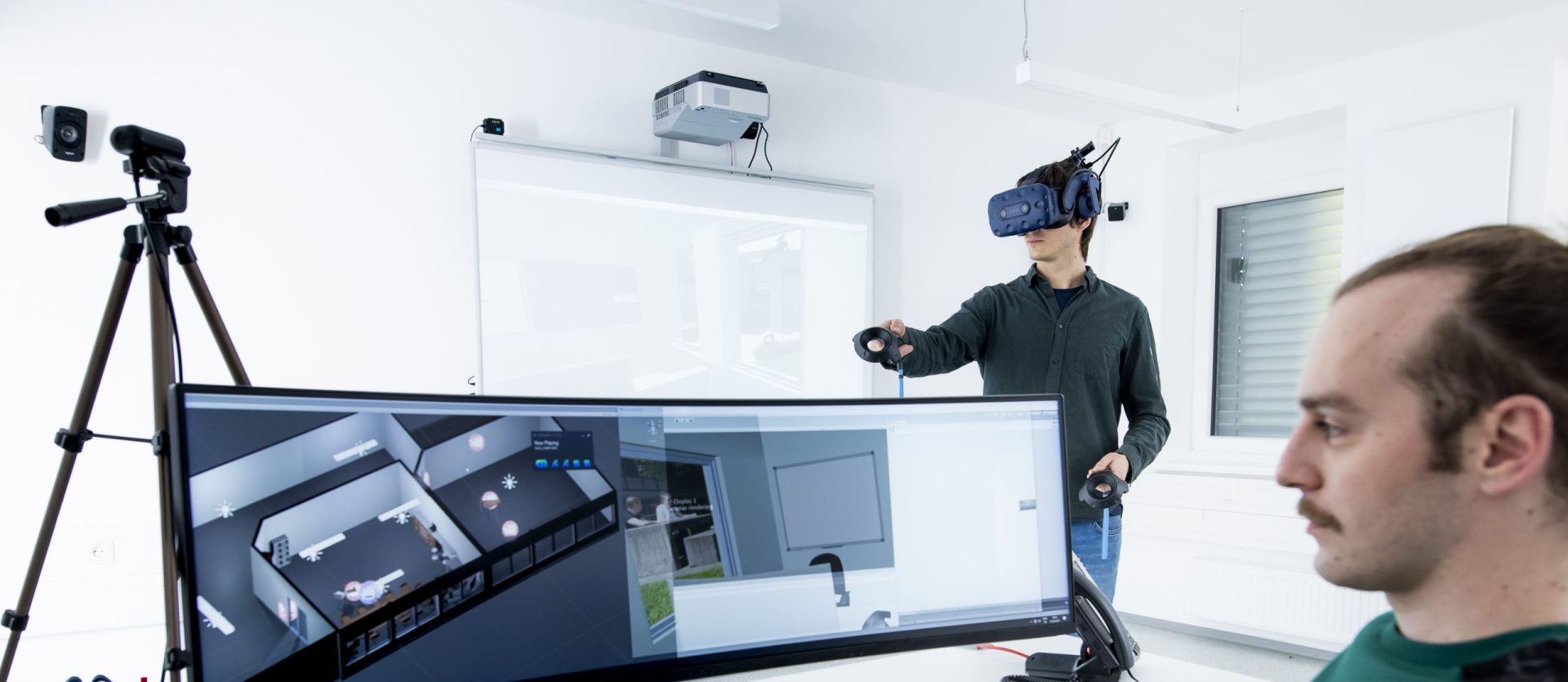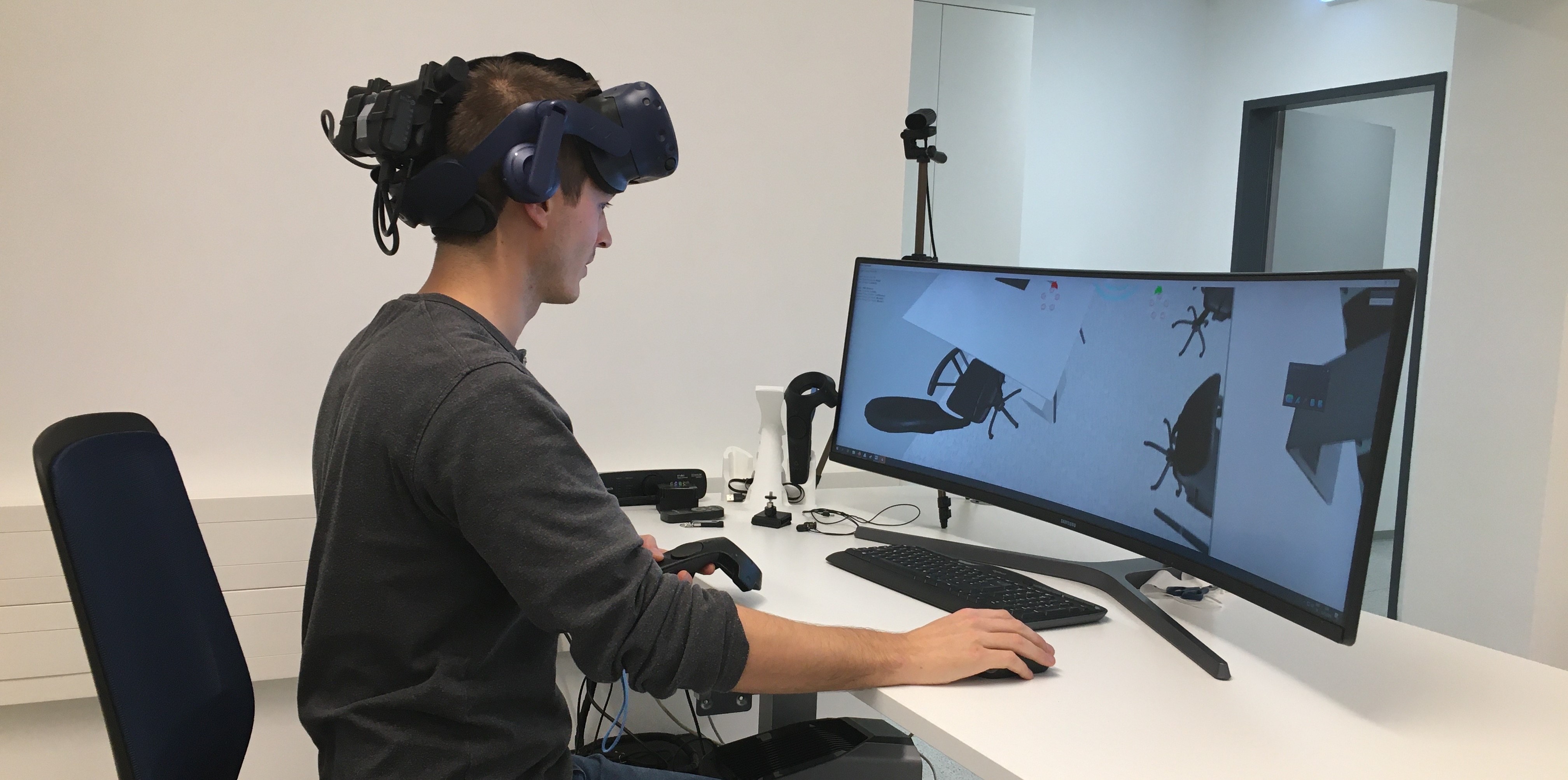




A university's digitalisation strategy cannot be limited to teaching and research functions alone, but must encompass the entire organisation. CAMPUS 02 UAS has therefore set itself the goal of scrutinising its own processes and gradually improving them with the help of digital tools. This section describes some specific examples that can be used to track the dimensions of an internal digitalisation strategy.
Generative AI models are here to stay. AI-based tools, such as Large Language Models (LLM) or image-, sound- and video-generating models, will be integrated into many areas of our lives and will also continue to develop rapidly and steadily. It would be wrong to ignore or ban AI tools. Rather, it is up to us as a university to adapt our curricula/learning objectives, train researchers, teachers and students in dealing with AI and provide them with the tools, framework conditions and recommendations for dealing with AI.


CAMPUS 02 University of Applied Sciences
Center for University Didactics
Körblergasse 126, 8010 Graz